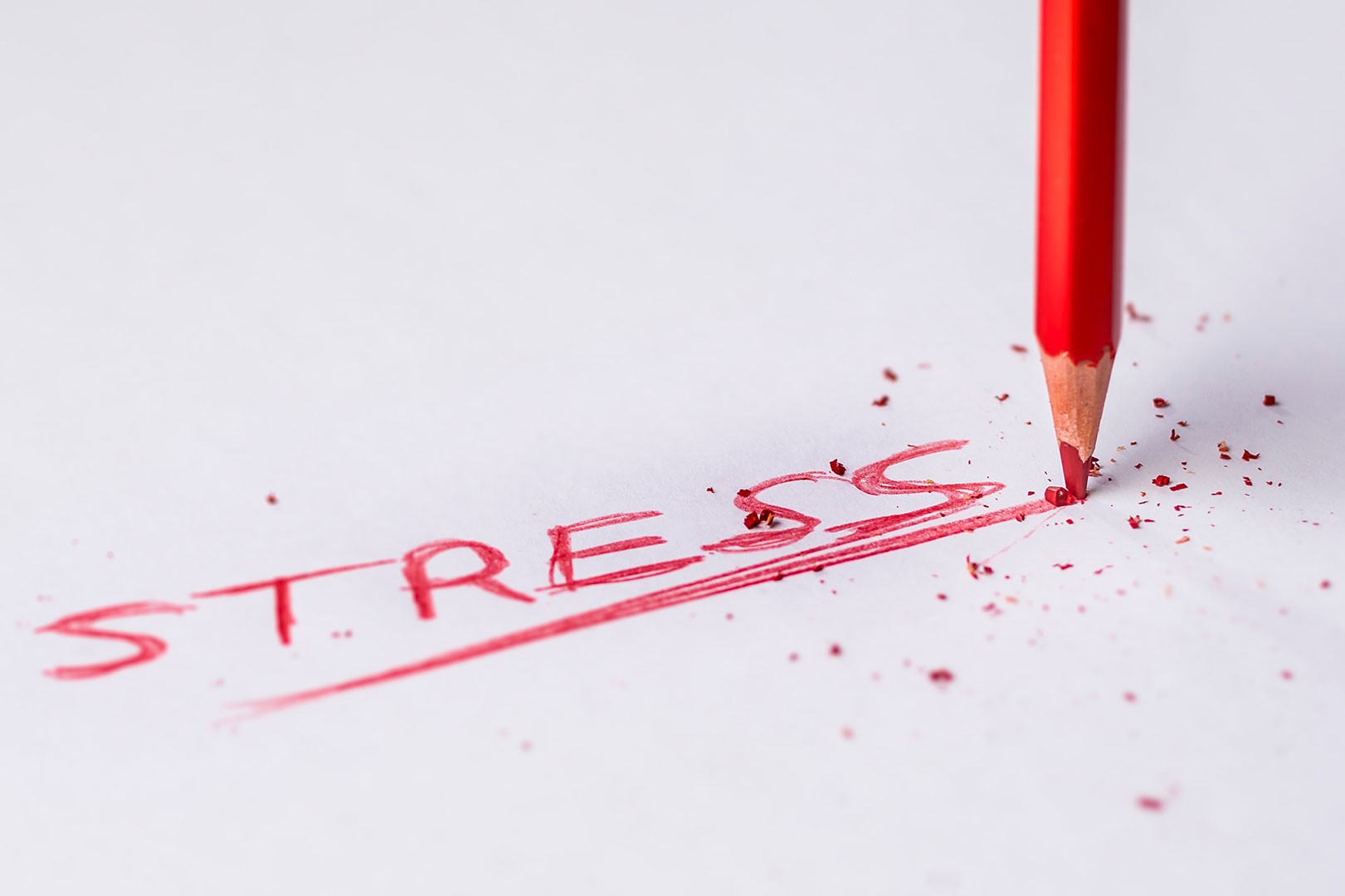
15
AprPsychological trauma related to Coronavirus outbreak
Since the mediatisation of the Coronavirus outbreak, much has been said about the mental health crisis related to this pandemic. Many authors, including myself focused on panic, anxiety and fear as a result of this potentially life-threatening situation, involving self-isolation and unexpected changes in family dynamics, as well as in social and professional relationships. There is one topic that has not received enough attention. This is the traumatic nature of the psychological crisis that the world is currently experiencing.
What is psychological trauma?
Trauma is an umbrella term that professionals use to talk about emotional experiences of a highly shocking and stressful situations, called traumatic events. Traumatic events become ‘trauma’ when people’s ability to cope with them is compromised. This usually happens in response to events that are considered life-threatening or when someone else’s life is taken violently and unexpectedly.
Psychological trauma depends upon people’s subjective experience of an event, and to what extent they believe that their life and mental health have been threatened. Individuals who experience trauma may react differently, including feelings of helplessness, intense fear and horror. Reactions to trauma vary from a mild emotional and behavioural reactions with minimal interruptions in people’s daily life to more severe and acute reactions. It is difficult to predict people’s specific reactions as the traumatic event might reactivate earlier traumas and experiences that are buried in the unconscious mind. People usually are not aware of these internal and unconscious processes.
Can Coronavirus outbreak cause psychological trauma?
Of course. The Coronavirus outbreak might activate both conscious and unconscious psychological responses and reactions. The fear of losing your life or that of a loved-one is very real. Media and social networks are largely contributing to this fear, exposing confusing numbers and statistics related to death rates that are often misinterpreted. Many people also leave their thoughts and opinions without any scientific evidence and background to prove the accuracy of their hypotheses.
Fear is bigger for healthcare and key workers who need to go to work and expose themselves to the virus, possibly taking it home with them to their own families.
For the general population, including people who will never acquire the virus, the sudden lifestyle change, including managing daily activities and family dynamics for an undetermined period of time might lead to a trauma response. Some people are losing their jobs and their livelihoods which in itself is traumatic. The uncertainty and the unknown related to how and when things might return to ‘normal’ also contribute to potential psychological trauma responses. The unconscious mind knows that there will be no return to ‘normal’ as life will not be the same. The brain has difficulties in processing this abstract idea, which might create cognitive distortions. In their turn, cognitive distortions may lead to distorted and false definitions and visions of the ongoing situation and contribute to a range of negative emotions. People are losing the logic structure of their lives and need to recreate a new one within a highly uncertain context.
Will many people develop post-traumatic stress disorder (PTSD) related symptoms?
Not necessarily. Not everyone who experiences a trauma will respond and react to it the same way. Likewise, not everyone will experience post-trauma symptoms or develop PTSD.
Post-traumatic stress disorder is a mental health condition that develops in response to experiencing or witnessing an extremely stressful event, involving the threat of death. It can happen in the wake of a car crash or natural disaster such as earthquake. It can also be linked to childhood traumas that resurface through the activating event.
PTSD is characterised by intrusive and vivid memories of the precipitating event, nightmares, mood disturbances and hypervigilance. Patients affected with PTSD often report feeling anxious even in the absence of danger. Symptoms include anger, aggression, anxiety-like symptoms and combinations of these states. Patients with PTSD usually have difficulty functioning in their everyday life, and symptoms can persist for several weeks.
If you experience some of the above symptoms, you need to request professional help. The first step is to talk about what and how you feel. Talking will help you process what you are going through and acknowledge your feelings and emotions. If you try to ignore your emotions, then symptoms will increase. Cognitive Behaviour Therapy is also proven to have excellent results in treating PTSD. Self-medication is not recommended.
To read more about fear and uncertainty related to Coronavirus outbreak, please click here. To learn more about Cognitive Behaviour Therapy, click here and here.
If you are looking for therapist and you would like to book a private session, please contact me on info@angelpsychology.com
With warm wishes,
Dr Ivanka Ezhova (check biography here).
- 15th Apr, 2020
- Coronavirus & mental health











